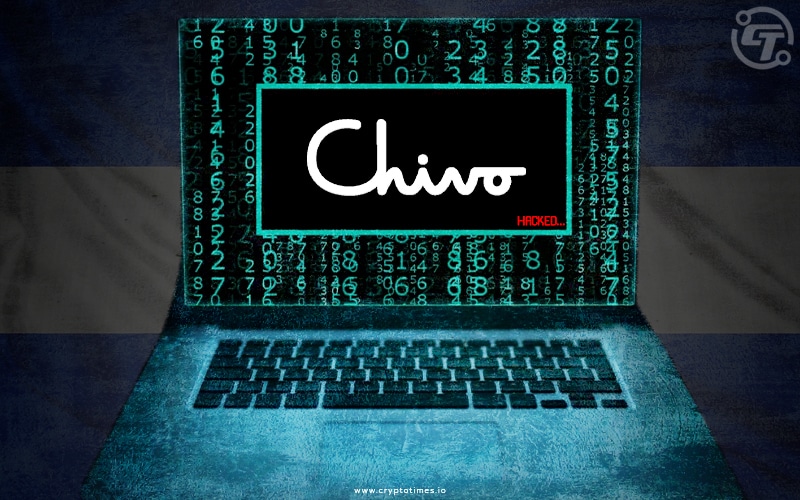In Brief:
- Salvadorans reported on social media and to local authorities about the hacks.
- Human rights organizations in El Salvador received notifications of identity thefts with Chivo Wallets.
- Hackers might attempt to steal El Salvador’s airdropped Bitcoin worth $30
Cynthia Gutierrez opened the Chivo app after hearing from other users that hackers activated wallets linked to the nine-digit numbers on their identity cards.
When Gutierrez entered her personal information, she was informed that her document number was already associated with a wallet. She took a screenshot right away, fearful that her information would be misused.
Gutierrez’s case is among cases reported by Salvadorans on social media and to authorities. The hacks started since bitcoin was made legal tender, and Chivo began to be used in the country.
Cristosal, an El Salvadorian human rights organization, received 755 reports of Salvadorans reporting identity theft using their Chivo Wallets. This was stated by Rina Montti, the group’s human rights research director.
The hackers are aiming for the $30 worth of bitcoin that El Salvador provided to users for creating the Chivo account.
Gutierrez has not received their money back yet. She added, “I tried to contact customer service, and they did not give me an answer, nor is there an institution that is clear about the process to follow in this case.”
According to the terms and conditions, Chivo users agree not to “disclose or divulge to third parties any information, DUIs, passwords, or any code used to access the site.”
It is also stated that it “will not be liable for any loss or damage that the user may suffer as a result of unauthorized third party access to your account as a result of hacks or lost passwords.” So the company’s transparency is ambiguous.
Recently the El Salvador President announced to buy Bitcoin but with a better discount when the price starts to dip.






